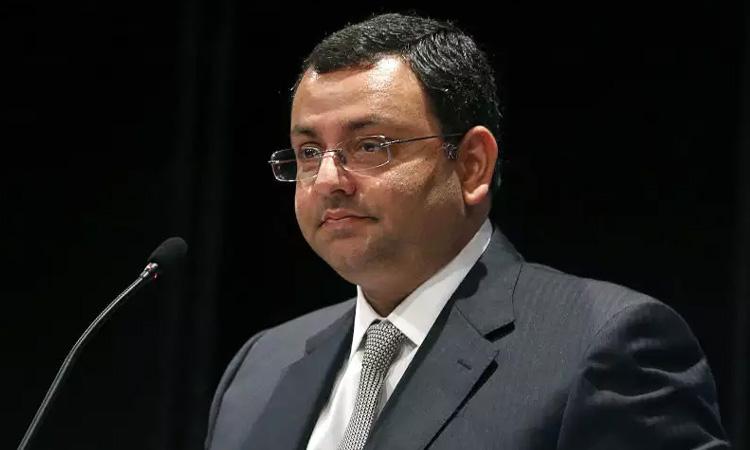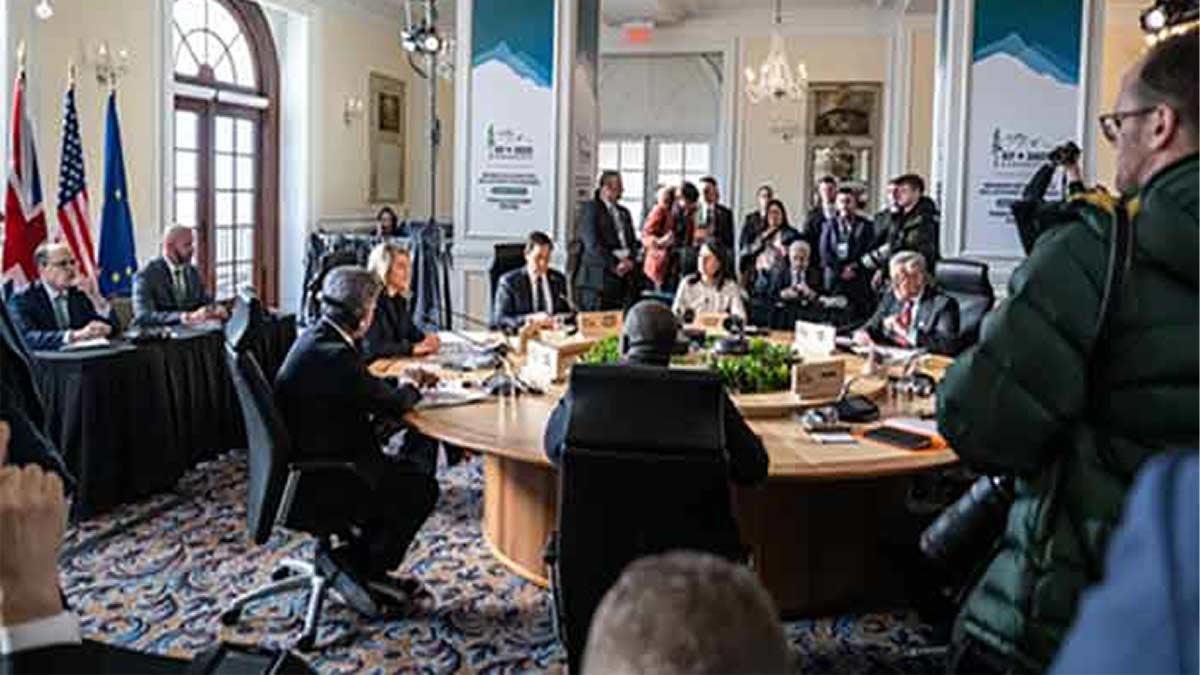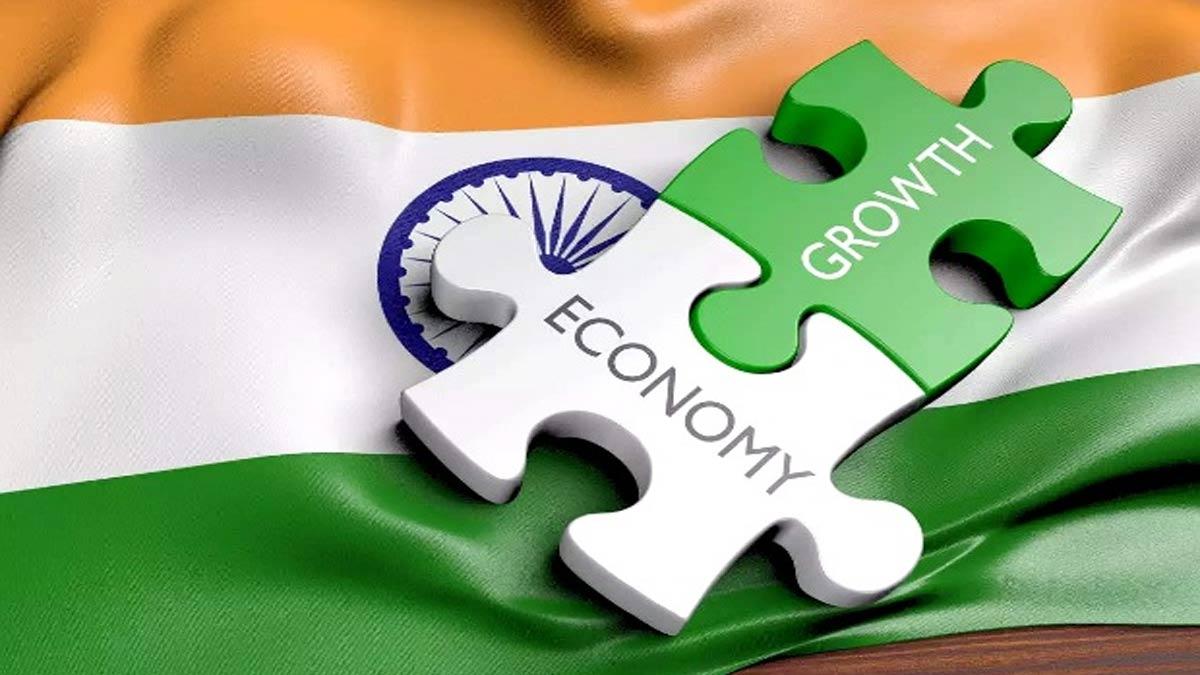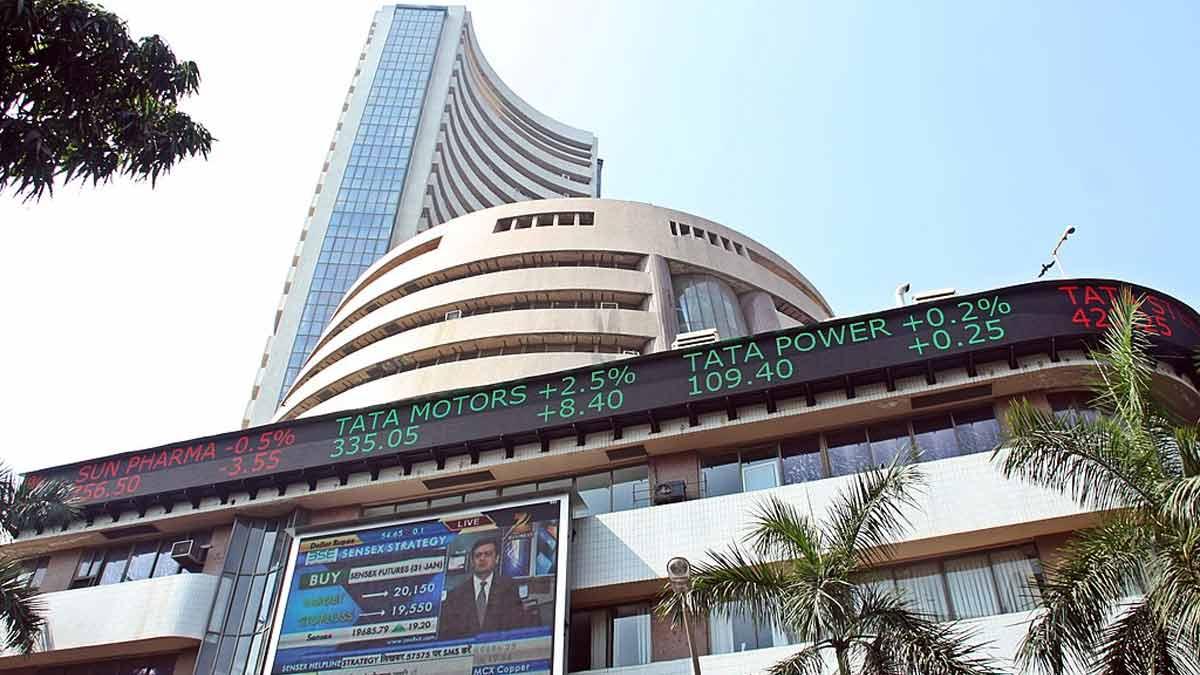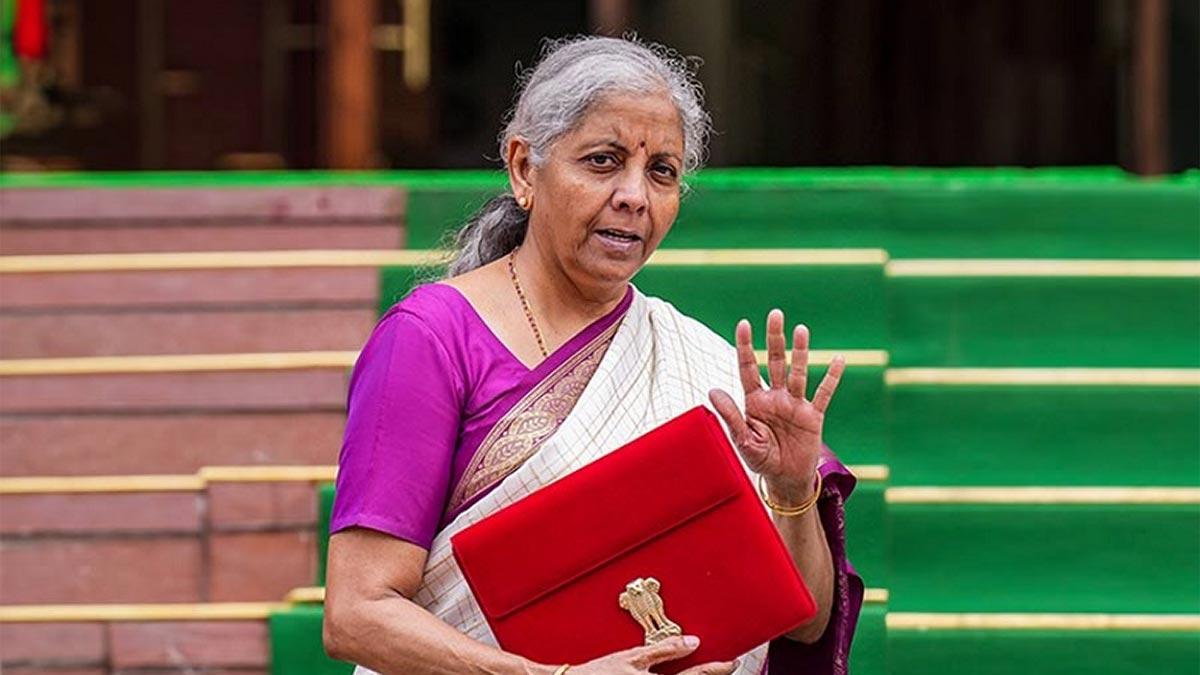The battle between Tata Sons and Shapoorji Pallonji Group over the latter's exit from Tata Sons is set to continue even as the Supreme Court has resolved the long-drawn tussle between the two groups.
A major contention between the two groups is the difference over the exact value of SP Group's stake in the holding company of the industrial conglomerate.
Besides the simmering differences over the stake value, even the intention of a transaction to buy out the minority holding is still not clear.
At present, the SP Group holds 18.4 per cent stake in Tata Sons, the valuation of which the former pegs at around Rs 1.75 lakh crore while Tata Sons puts it around Rs 70,000-80,000 crore.
The Mistry family-led SP Group had sought separation from the conglomerate through a scheme of reduction of capital by extinguishing the shares held by them in lieu of fair compensation effected through a transfer of proportionate shares of the underlying listed companies.
Further, the balance was being proposed to be settled in cash in case of unlisted companies and intangibles, including brand value.
However, the Supreme Court, in its recent verdict, did not decide on the prayer, leaving the matter unresolved.
According to analysts, the court's decision of not giving a directive on the exit of SP Group would, in a way, favour the Tatas, as they would not be forced to buy out the stake.
Furthermore, purchasing the shares of 18.4 per cent stake of the SP Group by the Tatas would also come with a major financial impact on the salt-to-software conglomerate, which is now trying to expand its footprint in the booming e-commerce space, given the massive valuation of the shares.
"Anything over and above Rs 90,000 crore will have a negative impact on the Tata Group companies and it will be more profitable to SP Group," said Kaushlendra Singh Sengar, Founder & CEO of INVEST19.
A Jefferies report had said that Tata Sons' holdings across 14 listed companies works out to over $100 billion.
Several listed Tata group companies hold a stake in Tata Sons. For Tata Chemicals, Indian Hotels, Tata Power, Tata Steel and Tata Motors, the value of investment in Tata Sons is more than 50 per cent of the market cap.
The Tata group companies, both listed and unlisted are usually controlled via the group holding company -- Tata Sons. Tata Sons shareholding includes a 72 per cent stake in the group's largest company TCS and between 14-69 per cent stakes in 13 other listed companies, the report said.
Additionally, there is some cross-holding as well amongst the group companies which results in Tata Sons' effective shareholding in group companies being higher than what is directly reported.
"A potential buy-out of SP Group's holding by the Tatas would entail a large cash outgo. If the burden of funding the same falls on listed cos, it can potentially negatively impact the investor sentiments on listed Tata companies including TCS," said the report.
In its 282 page judgement, the Supreme Court last week said: "The valuation of the shares of SP Group depends upon the value of the stake of Tata Sons in listed equities, unlisted equities, immovable assets etc, and also perhaps the funds raised by SP Group on the security/pledge of these shares. Therefore, at this stage and in this Court, we cannot adjudicate on the fair compensation.
"We will leave it to the parties to take the Article 75 route or any other legally available route in this regard," said the three-judge bench headed by Chief Justice S.A. Bobde.
Although the other issues between the conglomerates have been resolved, this issue does not seem ending anytime soon.
Sengar said that the situation is unlikely to be resolved in the near future and may even take a legal course, and reach the court again.

